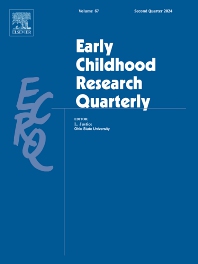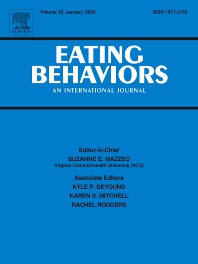Journals in Social sciences and humanities
Journals in Social sciences and humanities
- ISSN: 0166-218X
Discrete Applied Mathematics

- ISSN: 0885-2006
Early Childhood Research Quarterly

- ISSN: 1471-0153
Eating Behaviors

- ISSN: 1476-945X
Ecological Complexity

- ISSN: 0921-8009
Ecological Economics

- ISSN: 0304-3800
Ecological Modelling

- ISSN: 2452-3062
Econometrics and Statistics

- ISSN: 0313-5926
Economic Analysis and Policy

- ISSN: 0264-9993
Economic Modelling

- ISSN: 0939-3625
Economic Systems
